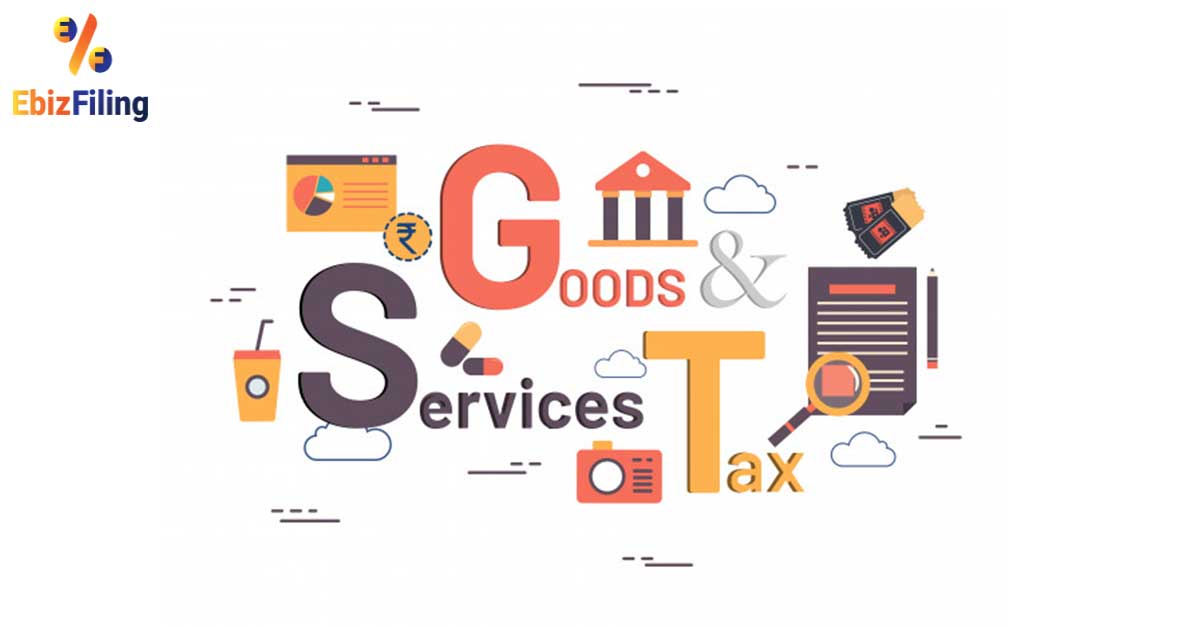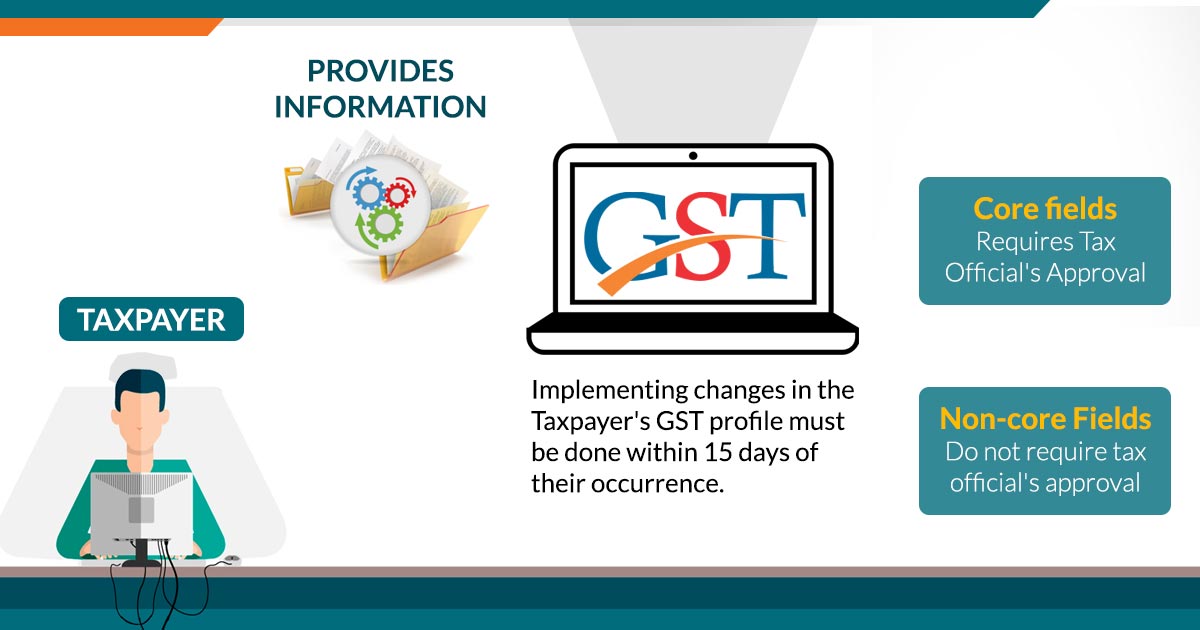Why Singapore GST Registration is Crucial for Your Startup
Why Singapore GST Registration is Crucial for Your Startup
Blog Article
Making The Most Of Tax Obligation Performance: Professional Tips on Navigating the GST Enrollment Labyrinth for Little Organizations
Browsing the detailed landscape of Goods and Provider Tax Obligation (GST) enrollment can be a labyrinthine job for small businesses aiming to optimize their tax obligation effectiveness. In this conversation, we will certainly explore experienced insights and workable advice that can empower small businesses to browse the GST enrollment maze effectively and enhance their tax performance.
Qualification Criteria
Eligibility requirements for Local business GST Enrollment encompass particular standards that organizations have to meet to follow tax obligation laws. To get approved for GST enrollment, a company has to have an annual turnover surpassing the limit set by the tax authorities, which varies by country. Furthermore, organizations included in inter-state supply of solutions or goods, or those offering goods online, may be needed to sign up for GST, regardless of their turn over. It is vital for companies to accurately identify their eligibility based on these turn over thresholds to prevent charges for non-compliance. Singapore GST Registration.

Documentation Needs
To successfully finish the procedure of GST registration, local business should guarantee they have all required paperwork in order. The needed documentation commonly consists of evidence of organization enrollment or address, unification and identification evidence of the service proprietor, pictures, bank account details, and evidence of the major location of service. Furthermore, businesses require to supply details of their company tasks, consisting of the items or services provided. It is vital to make sure that all files are accurate, as much as date, and in the defined layout to prevent delays or beings rejected throughout the enrollment process.
Apart from the required files, companies might likewise be required to submit extra info based upon their certain scenarios. This might include documents associated with partnerships, the consent of signatures, or any various other relevant agreements. Keeping all necessary documents organized and easily accessible can enhance the enrollment process and help companies comply with the requirements successfully - Singapore GST Registration. Failure to supply the required documentation might result in hold-ups or even denial of the GST enrollment application. Therefore, meticulous focus to information and adherence to the documentation standards are essential for a successful GST registration process for tiny organizations.
Timing Considerations
Considering the crucial paperwork demands have actually been diligently attended to, the next essential aspect for local business embarking on the GST enrollment process is the critical monitoring of timing considerations. Timing plays a pivotal role in GST enrollment, impacting not just conformity however likewise monetary elements of the company. Small businesses require to meticulously prepare the timing of their GST enrollment to take full advantage of advantages and minimize possible dangers.

Furthermore, organizations need to align the timing of their GST enrollment with their functional readiness. Sufficient preparation, such as updating audit systems and training staff, is important to effortlessly incorporate GST requirements into everyday operations. By strategically managing timing considerations, small companies can browse the GST enrollment process effectively and maximize their tax efficiency.
Enrollment Process Tips
Efficiently browsing the GST registration process calls for local business to execute strategic and proactive registration process tips. One crucial tip is to make certain all needed papers are readily offered before beginning the registration process. This includes service enrollment files, proof of address, financial institution declarations, and identification evidence of business proprietors. Confirming the precision of the information offered is equally vital to stop rejections or delays.
Additionally, recognizing the thresholds and demands for GST registration based on the details state or territory where business operates is essential. Some states have different turn over thresholds that trigger obligatory enrollment, so being informed regarding these thresholds can assist services plan ahead.
Another beneficial idea is to think about seeking expert support from accountants or tax professionals that specialize in GST enrollment. Their experience can streamline the procedure, lower mistakes, and guarantee conformity with all guidelines.
Conformity Finest Practices
Small services have to focus on compliance to here prevent charges and keep a good standing with tax authorities. Little service proprietors should frequently assess federal government guidelines and seek expert recommendations if required to ensure they are meeting all demands. By incorporating these compliance best methods into their procedures, small services can navigate the complexities of GST enrollment with self-confidence and performance.
Final Thought
To conclude, small companies can navigate the GST enrollment puzzle by ensuring they satisfy qualification requirements, gather required documents, take into consideration timing effects, follow enrollment process ideas, and abide by conformity best techniques. By taking full advantage of tax obligation efficiency via appropriate GST registration, services can enhance their financial monitoring and procedures.
Browsing the complex landscape of Item and Solutions Tax Obligation (GST) registration can be a labyrinthine task for tiny companies intending to optimize their tax obligation performance.Qualification requirements for Small Business GST Registration incorporate certain standards that businesses must meet to abide with tax obligation policies. The needed documents commonly consists of proof of service registration or identification, address and consolidation proofs of the organization proprietor, photos, financial institution account information, and proof of the primary place of company. Furthermore, organizations need to read this give information of their company activities, including the services or goods supplied.Effectively navigating the GST registration procedure needs tiny services to apply positive and strategic registration process pointers.
Report this page